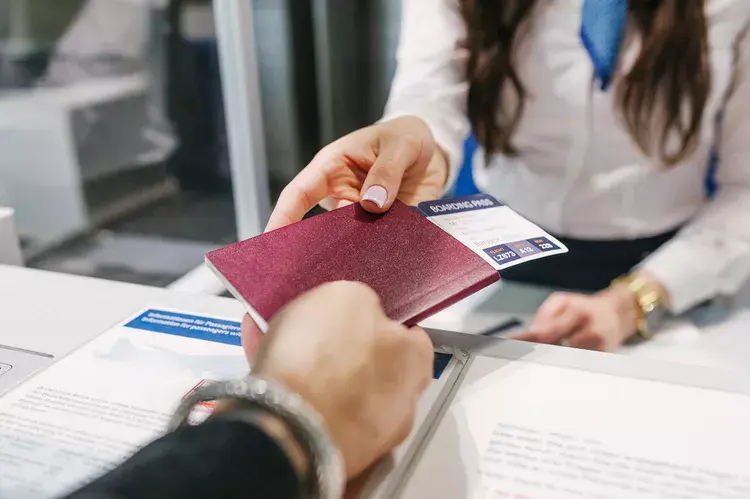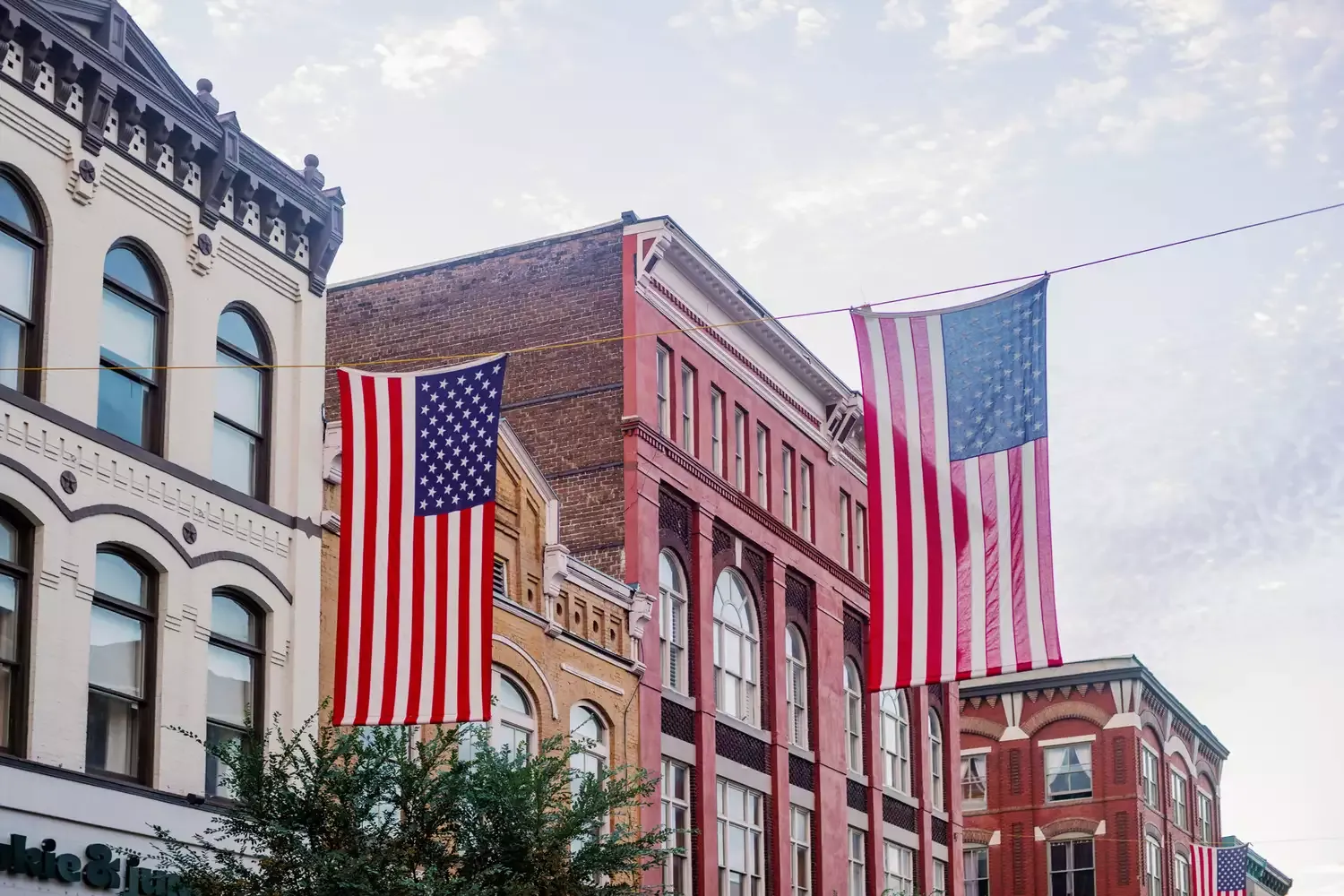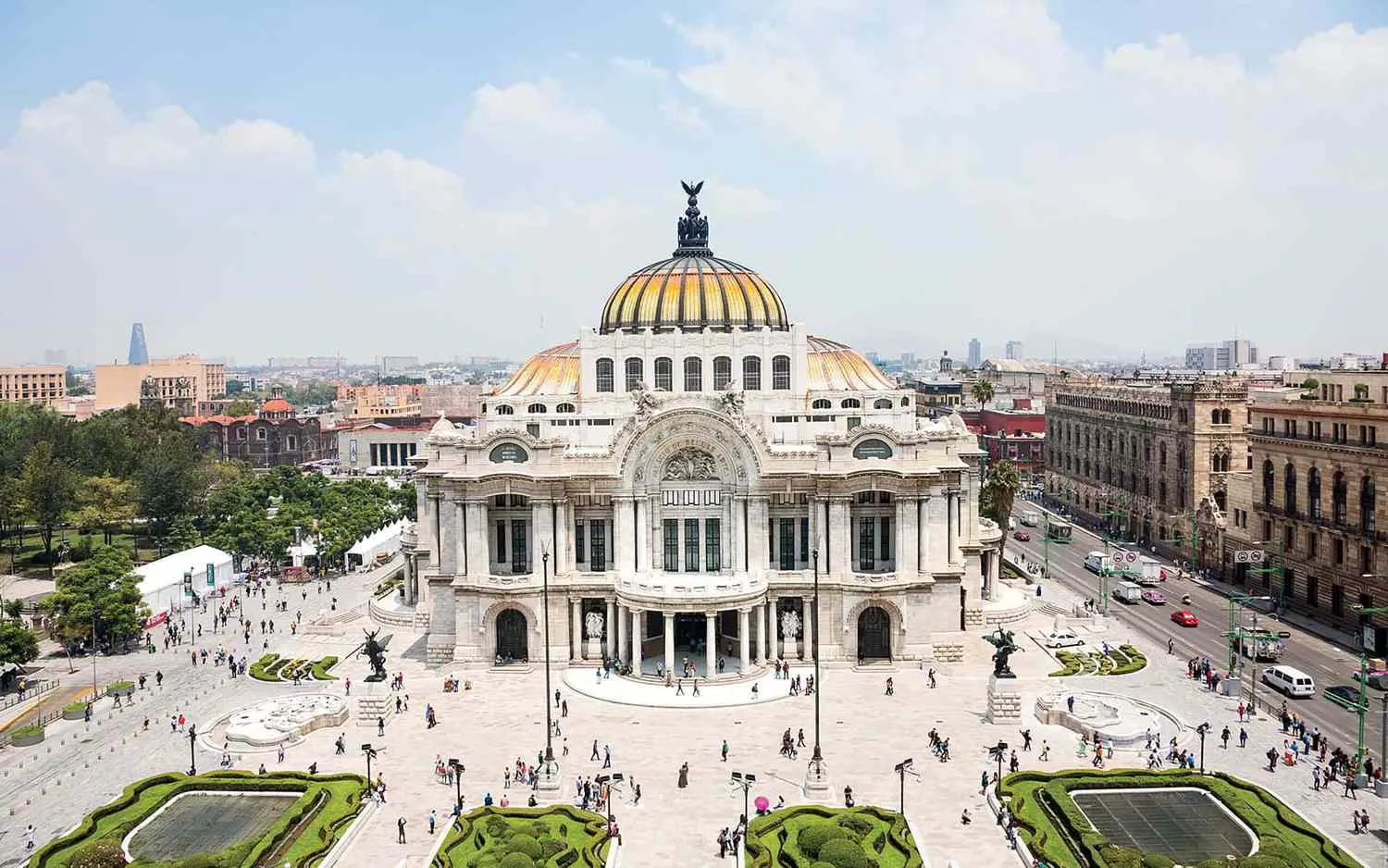In a shift that could have major economic consequences, many Canadians are rethinking travel to the U.S. due to rising concerns over political tensions, trade-related tariffs, and increased border scrutiny. These issues are creating a perfect storm of hesitation, and experts warn that this cooling sentiment could cost the American economy billions in lost tourism revenue.
A Cross-Border Chill
Once considered a casual getaway for everything from shopping trips to warm-weather vacations, U.S. travel is losing appeal for a growing number of Canadian tourists. Political uncertainty in an election year, along with policies that affect trade and immigration, are prompting some Canadians to explore alternative destinations.
“I used to cross the border several times a year,” says Michelle Tremblay, a Toronto-based marketing executive. “But lately, the atmosphere feels more tense—like we’re being watched a little too closely. I’d rather fly to Europe or stick to exploring Canada.”
And Michelle isn’t alone. Travel data shows a noticeable dip in Canadian visitors to key U.S. cities like New York, Orlando, and Los Angeles—destinations that once heavily relied on Canadian tourism to fill hotel rooms, restaurants, and retail outlets.
Dollars and (Border) Sense
According to the U.S. Travel Association, Canadian tourists contributed nearly $22 billion to the U.S. economy in pre-pandemic years. With Canada long holding the title as the largest source of international visitors to the U.S., even a small drop in travel volume could lead to significant economic losses for border towns and major tourist hubs.
The culprits? Rising concerns over:
- Political polarization and changing policies on both sides of the border
- Tariff tensions affecting the overall tone of Canada–U.S. relations
- More invasive border security protocols that make the crossing feel less welcoming
Choosing Other Paths
Rather than navigating increased friction, Canadian travelers are opting for destinations in Europe, the Caribbean, and even Asia—many of which offer visa-free entry and a more relaxed travel experience. There’s also a growing movement within Canada to “travel local” and support domestic tourism, fueled by rising nationalism and economic prudence.
“It’s not about avoiding the U.S. entirely,” says Pierre Lafleur, a frequent traveler from Montreal. “It’s about evaluating whether the experience is worth the hassle. Sometimes, it just isn’t.”
What’s at Stake for America?
Beyond lost dollars, there’s a reputational cost. As one of the U.S.'s closest allies, Canada serves as a barometer of how America is perceived internationally. If friendly neighbors begin to feel unwelcome, that perception could ripple far beyond North America.
Tourism experts stress that the U.S. must work to rebuild trust, streamline border policies, and preserve its status as a top travel destination—or risk watching that revenue go elsewhere.
As Canadians re-evaluate where they spend their travel dollars, the message is loud and clear: convenience, safety, and respect matter. Unless the U.S. takes steps to address the growing discomfort among its northern neighbors, it could see a continued slide in cross-border tourism—and a multi-billion-dollar loss it can’t afford to ignore.


















